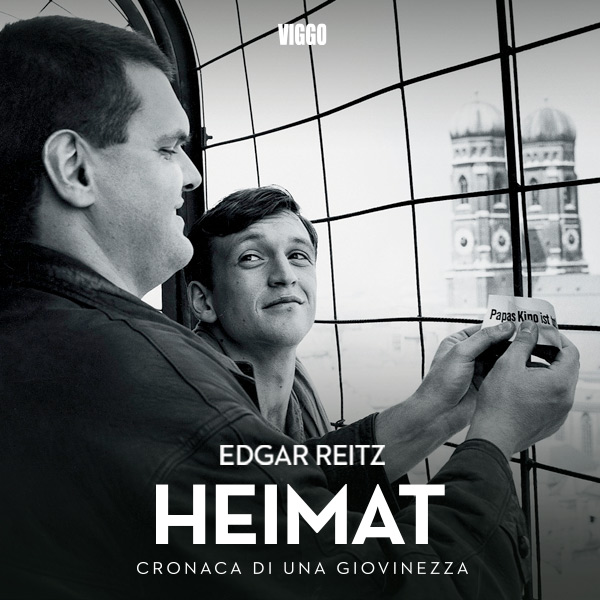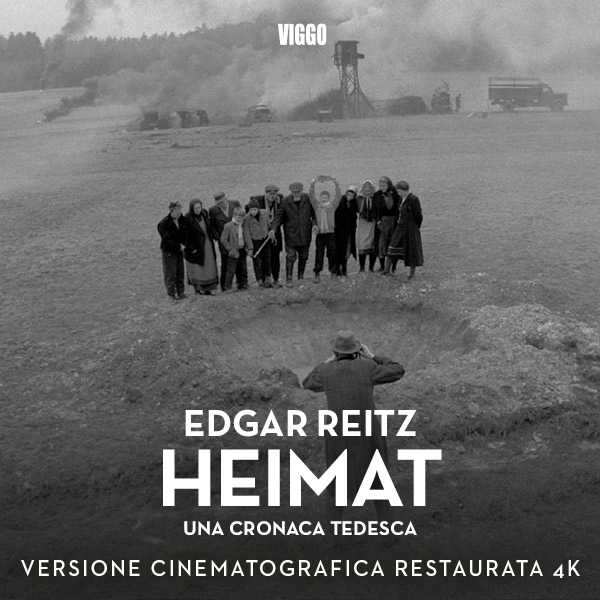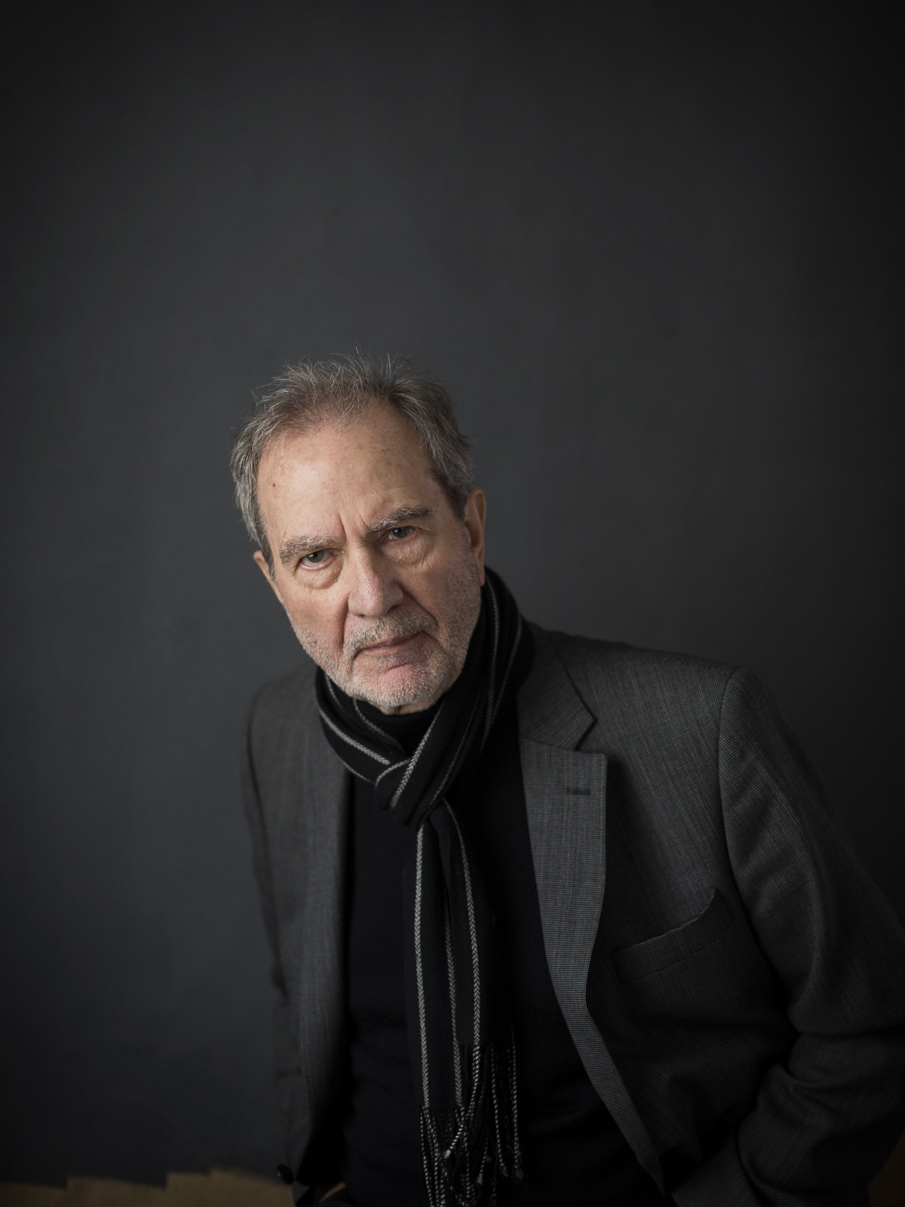
Extracts from:
- Heimat (Heimat - Eine deutsche Chronik, 1984), 11 episodes, total duration 15 hours and 40 minutes. Version restored in 4k.
- Heimat 2 - Chronicle of a youth (Die zweite Heimat - Chronik einer Jugend, 1992), 13 episodes, total duration 25 hours and 32 minutes.- Heimat 3 - Chronicle of an epochal turning point (Heimat 3 - Chronik einer Zeitenwende, 2004), 6 episodes, total duration 11 hours and 39 minutes.
(Germania, 1984-1992-2004, 70‘)
Curated by Silvia Moras, in the Celebrations section, Heimat by Edgar Reitz, a cult work of the Eighties. Ravenna Nightmare presents the German director's masterpiece in the new version restored by Edgar Reitz Filmstiftung with the support of the Kulturstiftung des Bundes and the Kulturstiftung des Landes Rheinland-Pfalz.
The Heimat epic lasts 30 years: from 1984, Heimat: A German Chronicle until 2013, with the last chapter, The Other Heimat - Chronicle of a Dream. Between two, in 1992 the chapters Heimat 2 - Chronicle of a youth and in 2004 Heimat 3 - Chronicle of an epochal turning point. A mammoth work also in length, 15 hours and a half in duration, 924 minutes only the first chapter, received triumphantly since its first screening at the 1984 Venice Film Festival "against the German shock of memory" the director tells the story of story of a family from the small village of Schabbach, which becomes a place of lights and shadows in the history of Germany.
Projections, transport and rewinds had worn the film to the point of requiring a restoration of almost 10 years of work on the original negatives. The first two chapters of Heimat, now remastered, are available in Italy, a preview extract of the third chapter will be shown - Chronicle of a Dream, and a preview of the third chapter will be shown, coming soon.


German writer and director, he is a former cinema teacher at the Staatlichen Hochschule für Gestaltung in Karlsruhe, which he himself established. With his cinematographic contribution, Germany became intellectually nasty and regained its share of authorship in terms of European film culture. How did all this happen? By signing one of the greatest sagas of the German big screen which has also become a work of content and which quickly established him as one of the most in-form authors in the nation. An author with a sharp and adult gaze on the world that was changing that he was able to summarize in a great history lesson, thanks to which he was able to explain his homeland. Philosophical and pessimist, Reitz with all the hard films of the Heimat series, tells the collateral damage of the two wars, the aftermath of Nazism and the shadow of its bad symbol, industrialization, the misdeeds of terrorists, matching them to the theme of conflict. A punch in the stomach for the world of cinema, which had to adapt to the aesthetic blow suffered. Long awaited, the monumental work of this filmmaker is perceived as a need to free oneself from the glacial and frightening miasma of the past, to escape elsewhere, where the rules were freer to be broken, where everything was still considered extreme, where death was not associated with nothing dangerous (because it is part of a life cycle), in the heart of a wild German province and, therefore, still a bastion of civilization. The author's lucid violence is solely due to his style and his farsighted intentions to move away from the American majors, to devote himself to signed, niche cinema, with objectives and strategies different from blockbusters. The classic way of conceiving a film changes ... the German touch is born in a historically purifying journey.
